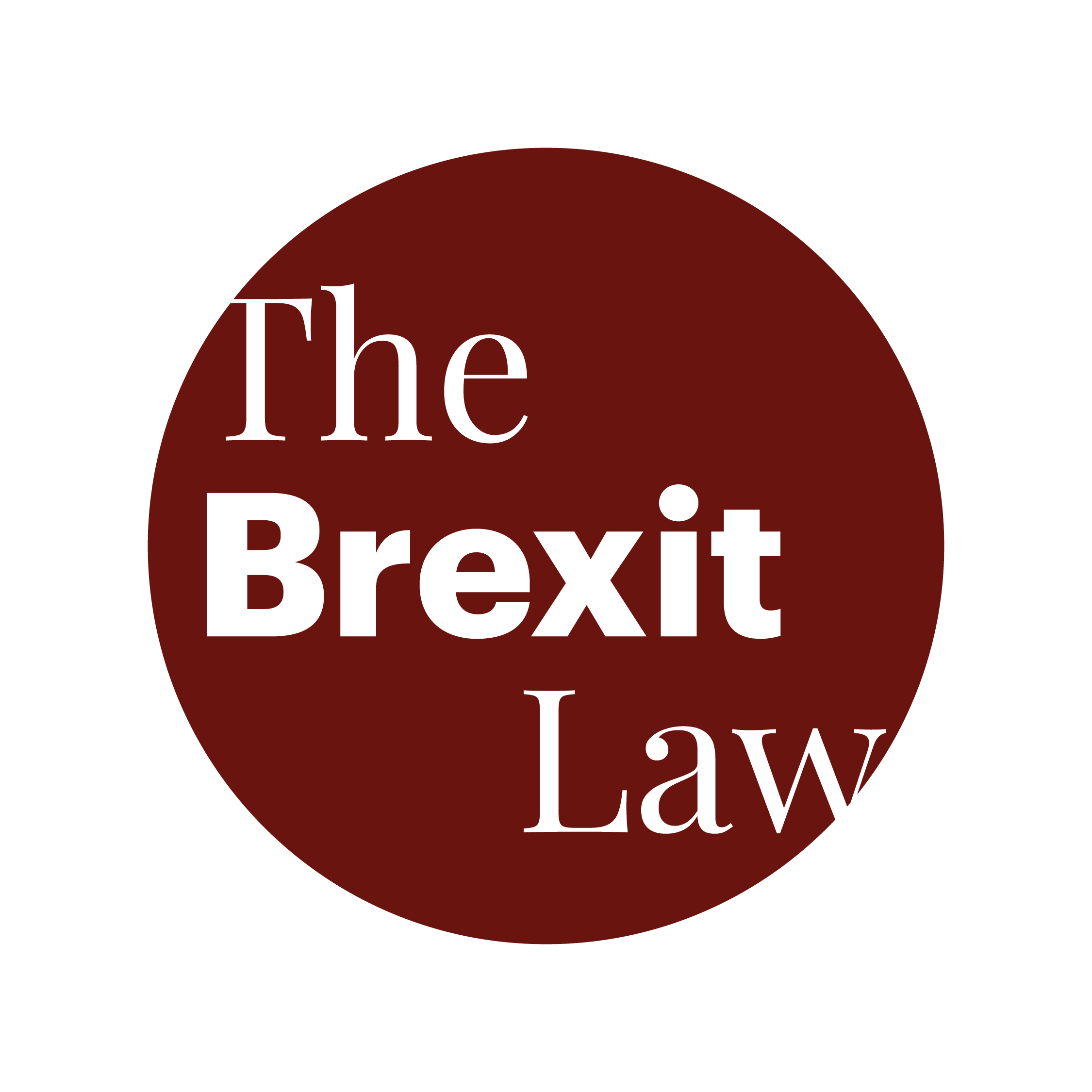On 13th of October 2022 the SUB was approved by the Economic and Digital Transformation Committee of the Spanish Congress. It is expected to come into force before the end of 2022.
The proposed regulation provides different measures and new rules looking to attract talent and investment, with the aim to make Spain a leading nation in the entrepreneurial field.
One of the measures consists of amending the so called ‘Beckham’ Law to extend the scope of this favourable Spanish inpatriate tax regime.
What is the (so called) “Beckham Law”?
The “Beckham Law” consists of an optional special tax regime for those inpatriates who move to Spain allowing them to pay their income tax as non-Spanish residents (despite becoming de facto tax residents) and, depending on their income and circumstances, pay lower tax in comparison to Spanish tax residents (STR).
STR pay taxes at a progressive tax rate from 19% to 47% depending on the amount of their worldwide income.
In contrast, Spanish non-tax residents (SNR) – and therefore those within the scope of the Beckham Law - will pay taxes at a flat rate of 24% up to the amount of 600,000 Euros. If this is exceeded, a fixed rate of 45% will be triggered. However, this will only apply to Spanish income, leaving any income generated outside Spain to be levied at the corresponding foreign jurisdiction, with the exception of employment income, where income obtained abroad is also taxed in Spain.
Dividends, interest, and capital gains generated in Spain are taxed at a rate ranging from 19% to 23%.
However, if the taxpayer is under this special tax regime, double taxation agreements and some deductions will not apply. Therefore, to evaluate which system benefits most to each taxpayer it is necessary to assess the circumstances of each case.
Requirements to be elegible under the Beckam Law: amendments proposed by the Spanish Start-Up Bill.
In order to be eligible to apply to this special regime, the taxpayer must have relocated to Spain as a result of an employment contract in Spain or being appointed as a director of a Spanish company where the taxpayer does not hold any shares or otherwise - and again depending on each case - there is certain connexion between the companies. However, and this is a relevant modification introduced by the SUB, if the taxpayer is appointed as a director of a Spanish start-up company, he can apply to this special regime, regardless of his stake in the share capital of the said entity.
In addition, the SUB extends the scope of this special tax regime to those who work remotely, also known as “digital nomads”.
Also, the taxpayer must not derive income through a permanent establishment of a foreign company in Spain as it is established by the current legislation.
The qualifying period to apply for this regime will drop from the - currently - 10 years in which the taxpayer has not been deem to be STR previously to applying to the special regime, to 5 years.
According to the current legislation, family members of the taxpayer who is registered with the Spanish tax authorities within this special regime are outside of its scope. However, the SUB, establishes that the spouse and the children of the taxpayer, who are under 25 years old, as well as any handicapped dependents regardless of age can pay taxes under the Beckham Law rules, as long as they meet the following requirements:
- Family members must relocate together with the taxpayer or a later date within the first year in which the special regime applies.
- They must not have been tax residents in Spain for the five years prior to relocation.
- They must not derive income through a permanent establishment in Spain.
The total taxable income of all the family members for each tax year in which the inpatriate’s tax regime applies cannot exceed the taxable income of the tax payer (600,000 Euros) that has relocated to Spain. The purpose of this rule is that when the relocated tax payer is the main source of income for the family, only then may the other family members benefit from this regime.
If you want to be updated about this topic, send an email to laura.gallego@scornik.com and you will receive the latest news.
Written by Laura Gallego Herráez.
Read more about Taxation.





